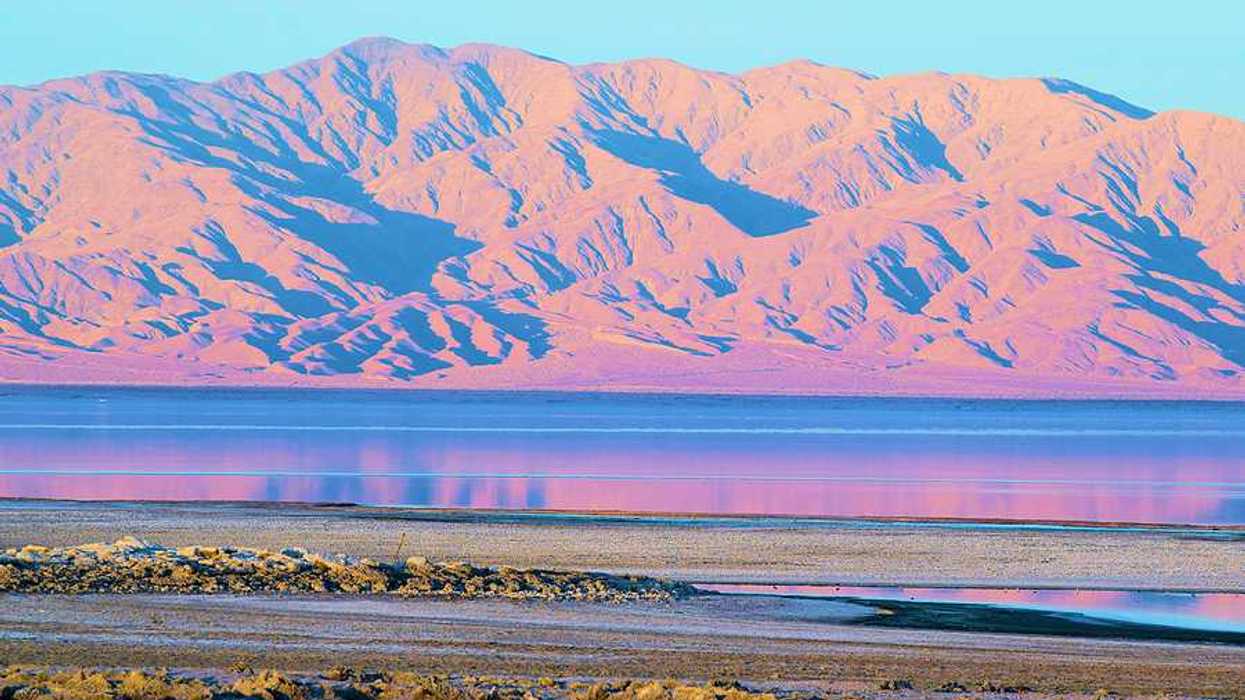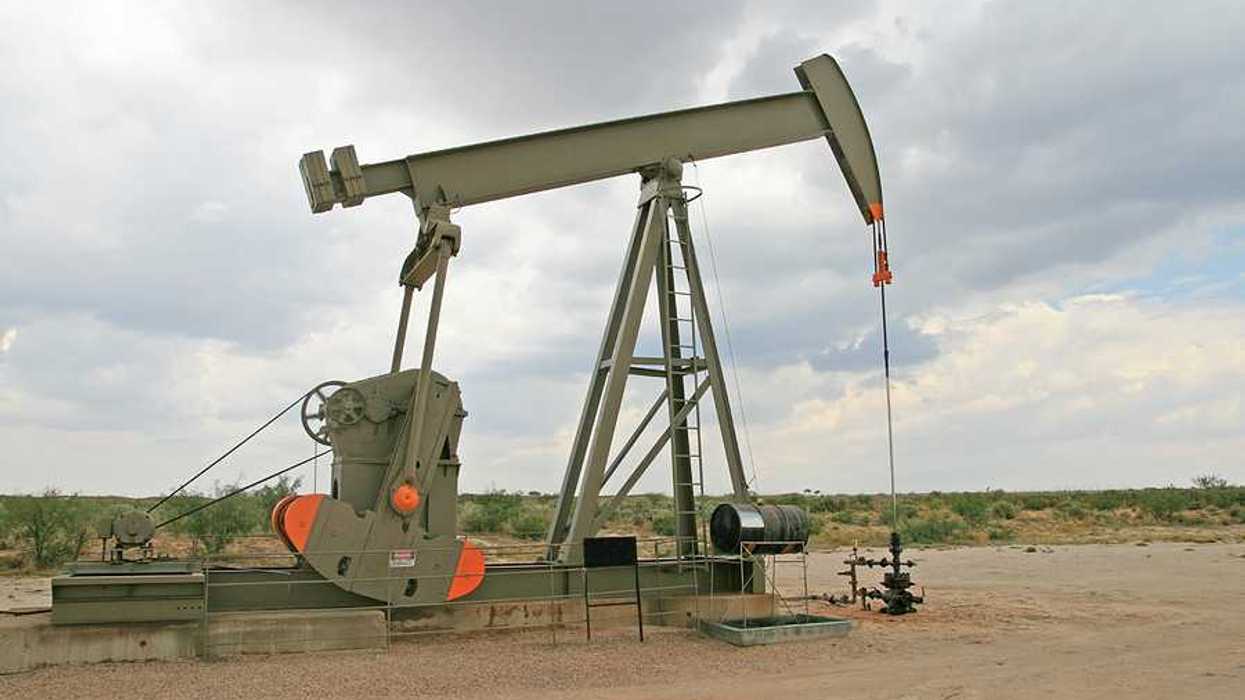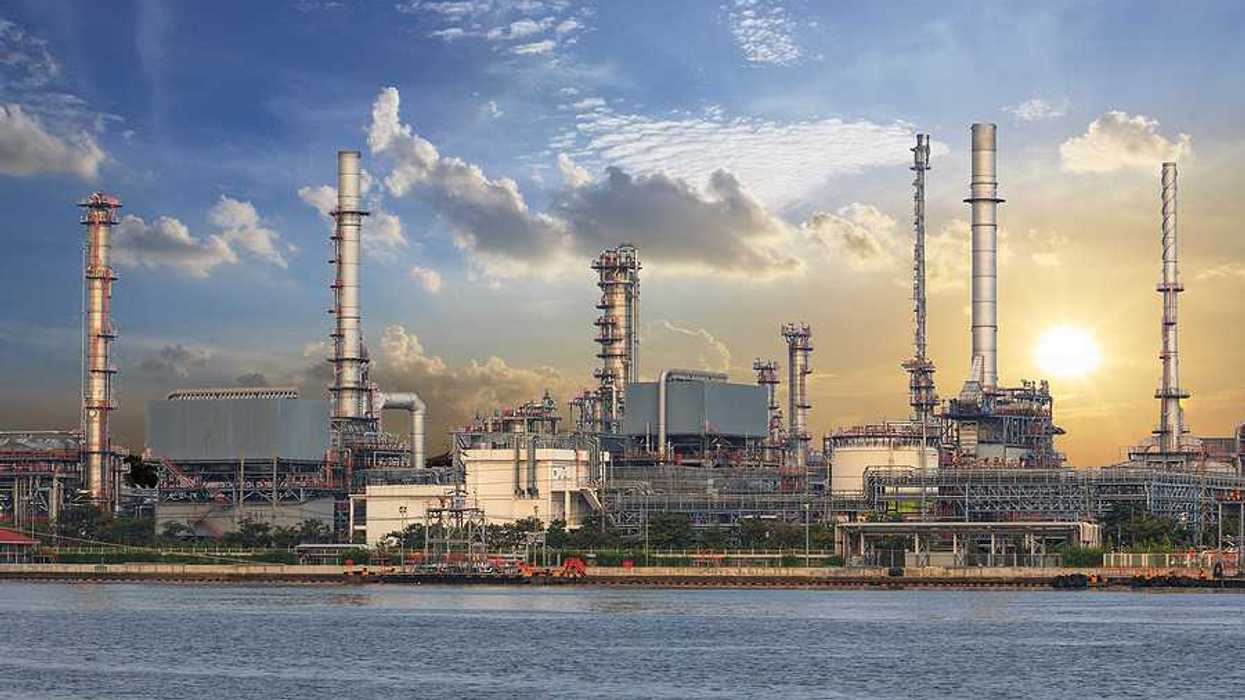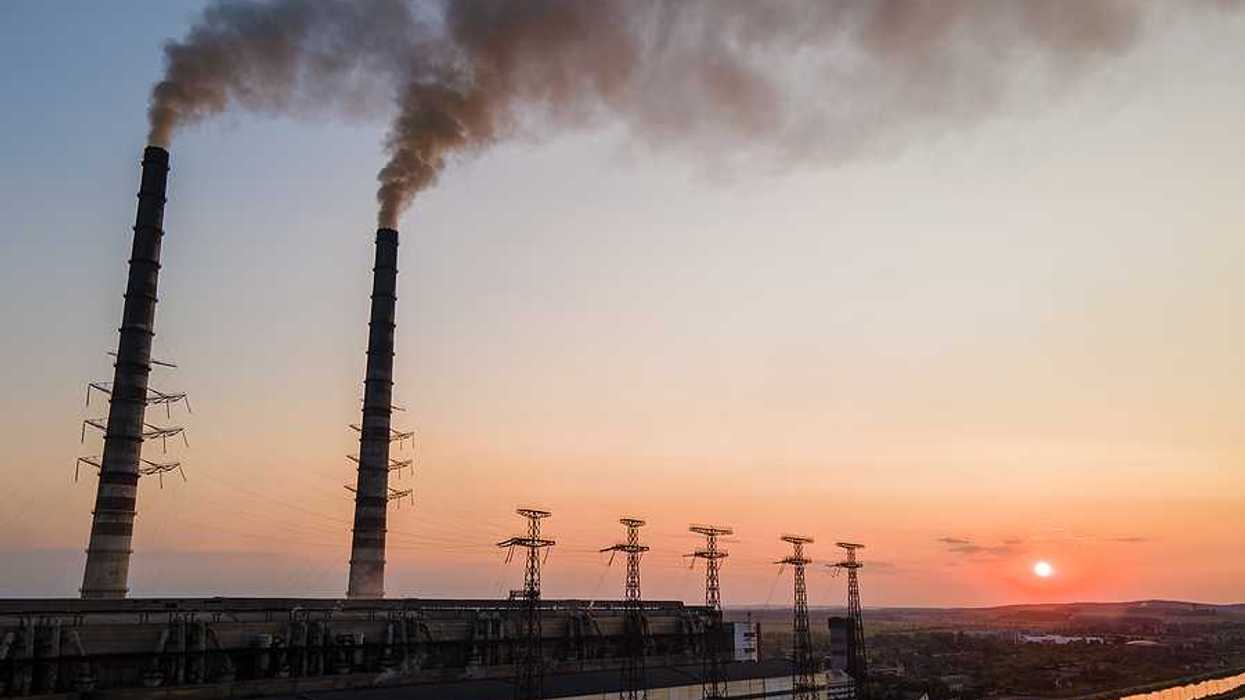China's decarbonization strategy could harm farmland and transboundary rivers like the Mekong and Salween, a study warns.
Carolyn Cowan reports for Mongabay.
In short:
- China's energy decarbonization plan aims for 2060 but could negatively impact crucial river systems and farmland.
- Hydropower expansion in the Mekong and Salween basins could exacerbate existing environmental problems, including river fragmentation and altered flood cycles.
- Alternative solutions, like reducing electricity demand and investing in emerging technologies, are essential to mitigate these impacts.
Key quote:
“If we think of any major technological change, they always have costs and unintended consequences. The sooner we realize and address them, the more sustainable and equitable the energy transition will be.”
— Stefano Galelli, associate professor, Cornell University
Why this matters:
While hydropower is often championed as a clean energy source, its implementation in these vital regions could significantly worsen existing environmental problems. The construction of dams and reservoirs along these rivers threatens to fragment river ecosystems, disrupting the natural flow and connectivity essential for maintaining biodiversity.














